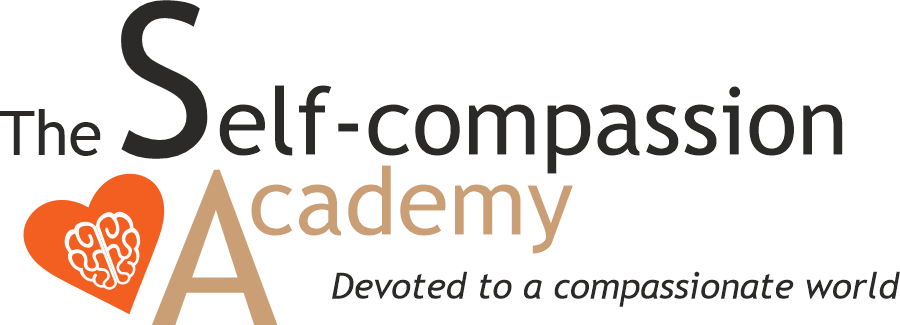Self-compassion isn’t about lowering the bar or not pushing through. It’s about treating yourself with the care and kindness you deserve and still motivate yourself to perform better – even when times get rough. Instead of getting stuck in cycles of self-criticism, self-compassion helps you move forward with strength and clarity. It has the power to transform the way you feel, think, and, act. What does research say about the ways self-compassion can change your life?
What is self-compassion?
Before you can understand how self-compassion can make you a better person, it’s essential to understand what it truly means. Self-compassion is the practice of treating yourself with kindness and understanding, especially in moments of self-doubt, struggle, failure, or feelings of inadequacy. Rather than being self-critical or suppressing your emotions, you choose a more compassionate and supportive approach.
The concept has been researched by psychologist and leading expert Kristin Neff. She defines self-compassion as “treating yourself with the same love and kindness you would offer to others.” Neff’s scientific research highlights not only the benefits of self-kindness but also how it has the power to transform the way you approach your life.
Understanding self-compassion: The 3 Elements of Self-Compassion, According to Kristin Neff
How kind are you towards yourself?
Before you start practicing self-compassion, it may be relevant to see how you score on the self compassion scale. The Self-Compassion Test is made by Neff and based on scientific insights. It helps you to understand how you treat yourself in difficult times.
How does self-compassion help you, according to science?
Self-compassion has been extensively researched for its impact on well-being and personal growth, and the results are overwhelmingly positive. Scientific studies show that practicing self-kindness brings a host of benefits. Here are the ways self-compassion can transform your well-being and perspective on life:
Self-compassion transforms your mental well-being
- It increases life satisfaction
- It reduces stress and anxiety
- It boosts happiness and vitality
- It decreases depressive thoughts
- It fosters a more positive state of mind
- It supports a stable sense of self-worth
- It reduces concerns about body image
- It encourages a more positive outlook on life
- It makes you more curious, hopeful, and grateful
Self-compassion transforms your personal growth
- It fosters greater autonomy
- It reduces social comparison
- It increases open-mindedness
- It reduces feelings of insecurity
- It boosts feelings of competence
- It motivates you to perform better
- It lowers self-rumination and anger
- It enhances your ability to cope with stress
- It decreases dependence on others’ approval
- It helps you become a more authentic person
- It shifts your focus to what is going right, alongside what is going wrong
Read also: Self-Compassion Is Not a Luxury, It’s a Necessity – Especially in a Changing World
Where to start?
There are several ways to begin practicing self-compassion and treating yourself with more kindness. One approach is to write a compassionate letter to yourself. This exercise helps you reflect on your emotions and offers more compassionate perspectives on the challenges you face.
Also, mindfulness is a key element of self-compassion. Practicing mindfulness meditation can help you become more aware of your thoughts and feelings, ultimately leading to a deeper understanding of your inner world and a heightened awareness of everything that comes your way.
You can also explore the possibilities of self-kindness through the 5-Day Self-Compassion Challenge, created by Kristin Neff and clinical psychologist Christopher Germer.
Lastly, a 5-minute self-compassion break (guided by Neff) can help you to delve deeper into any struggles you’re currently facing.
Credit image: Spencer Davis via Unsplash






